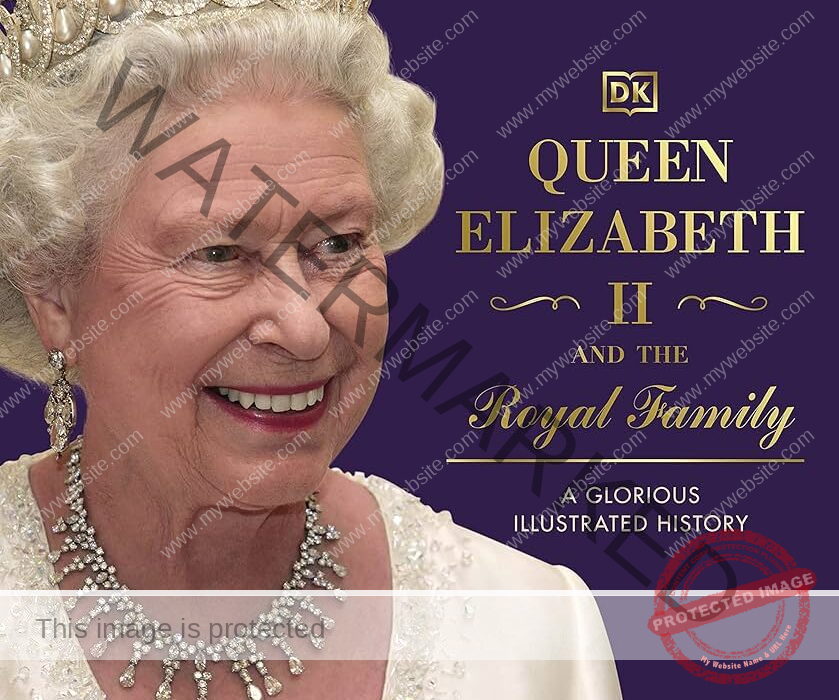By William Simms | Investigative Correspondent
London–Yaoundé: Silent Dispatches from a Failing Union
Leaked diplomatic cables originating from the British High Commission in Yaoundé, as published by WikiLeaks and confirmed by intelligence analysts, paint a sobering picture of how early and deeply Britain understood the fragile state of Cameroon’s union—and the electoral decay and repression fueling it.
Spanning 2006 to 2010, these internal communications reveal that British diplomats had:
Grave concerns over electoral manipulation and disenfranchisement,
A clear-eyed view of rising Anglophone frustration, and Doubts about President Paul Biya’s intent or ability to reform.
Yet, in public statements, the UK maintained the language of “partnership,” “progress,” and “stability.”
A Rotting Electoral Core
In cables from 2007 and 2008, British High Commission staff described the Cameroonian electoral apparatus as “functionally compromised” and controlled by the Presidency and its loyalists.”
A 2007 dispatch assessed the ELECAM electoral body as “neither independent nor credible,” warning that:
Electoral commissions were handpicked by the presidency,
Registration rolls were inaccessible or fraudulent,
And opposition figures were routinely harassed, arrested, or denied fair access to the media.
The High Commission noted that such practices eroded trust, particularly in the Northwest and Southwest Regions, where English-speaking populations felt doubly targeted—first by systemic neglect, then by political exclusion.
Anglophone Anxiety: A Crisis Brewing
A 2009 confidential cable marked “Not for Disclosure” warned that the Anglophone population’s patience was wearing thin. It stated:
“Yaoundé’s insistence on centralised rule, coupled with the perception of second-class citizenship in the Anglophone regions, risks transitioning from dissent to full-scale separatism.”
Diplomats noted an increase in:
Clandestine meetings by exiled Ambazonian activists,
The proliferation of English-only nationalist pamphlets,
And a “shifting sentiment among Anglophone youth” from reformist demands to open defiance of state authority.
Despite raising these concerns in internal reports, British diplomatic messaging to the Biya regime remained non-confrontational. The High Commission emphasized “quiet diplomacy”—a phrase now criticised as enabling inaction.
Security Fears Ignored
In a series of internal memos shared with the Foreign Office in London, British officials expressed growing concern over Cameroon’s militarised response to protests in Anglophone towns such as Buea, Bamenda, and Kumba.
One cable described the government’s tactic as “blunt force masquerading as national unity.”
Another warned:
“Security operations conducted without precision or political context risk inflaming rather than containing unrest.”
Despite these warnings, there was no UK-led multilateral intervention or public rebuke of the regime’s tactics.
Why Britain Held Back
Foreign policy analysts now point to several reasons the UK chose quiet restraint over public action:
Legacy Diplomacy: Though a former colonial overseer of Southern Cameroons, Britain was reluctant to re-engage in a direct political capacity, fearing accusations of interference.
Commercial Interests:
UK-based companies had substantial interests in Cameroon’s mining, oil, and agribusiness sectors. Stability—however manufactured—served financial continuity.
Diplomatic Alignment: British positions were calibrated to avoid undermining France’s leadership role in Cameroon, especially as part of EU cooperation frameworks in Central Africa.
From Forewarning to Full Collapse
The British cables suggest that the UK had early, accurate, and actionable insights into the trajectory of the Anglophone crisis. Yet, none of the warnings translated into meaningful preventive diplomacy.
By 2016, the peaceful protests by Anglophone teachers and lawyers evolved into a bloody armed conflict that displaced over a million people and shattered any pretense of national cohesion.
Conclusion: The Silence of the Well-Informed
The British High Commission knew the architecture of Cameroon’s failing union. It had access to:
Community-level reports of repression,
Direct accounts from civil society leaders, and
Evidence of state-sponsored exclusion.
Yet in its pursuit of stability, Britain opted to become an informed observer, rather than a proactive actor.
The cables do not reveal ignorance—they reveal awareness without action. And in diplomacy, that silence carries weight. For Anglophones who now live under occupation, in exile, or under fire, it’s a silence that still echoes.
William Simms is an investigative correspondent covering British foreign policy, post-colonial governance, and West African geopolitics. He writes for The Independentist and the London Review of Africa.

